How Local Blinds Companies Can Help You Save on Energy Bills
When we think of energy efficiency, blinds and window treatments aren't usually the first thing that comes to mind. According to the U.S. Department of Energy, however, some window treatments, such as cellular shades, can provide about 10% energy savings during the heating season. This is a tremendous saving on energy. Let's take a look at how blinds can help you save on energy spending today.
Quality Products
Energy usage in a home is greatly affected by the heat loss and heat gain that take place at different points in the home. Windows and doors are two places where much heat loss and heat gain occur. During the winter when homeowners are trying to warm their home, they want to keep as much of the heat as possible in the home. During the summer, they want to keep as much of the heat out of the house as possible. Unfortunately, at places like doors and windows, heat will slip out or slip in when it's not wanted. This causes it to be more difficult to regulate the temps in the home. This translates into more energy use and bigger bills.
Blinds and shades, however, can slow down heat loss and heat gain. The positive result is that the home temps stay more stable, there is less energy used, and your energy bills are less.
Expert Advice
Another way that local blind companies can help you save on energy is by providing you with expert advice. The experts at the local blind company will have a deep understanding of which types of blinds or window treatments will work best in certain areas of the home. If you don't know very much about placing blinds, they will be able to advise where to place them, which types of blinds to choose, and which materials to get.
These are just a few ways that
local blinds companies can help you save on energy bills. If you'd like to learn more about our blinds and window treatments, please contact our team at Professional Window Treatments today. Call us today to speak with one of our team members. We are passionate about providing you with exceptional customer service and are happy to answer any questions you have.

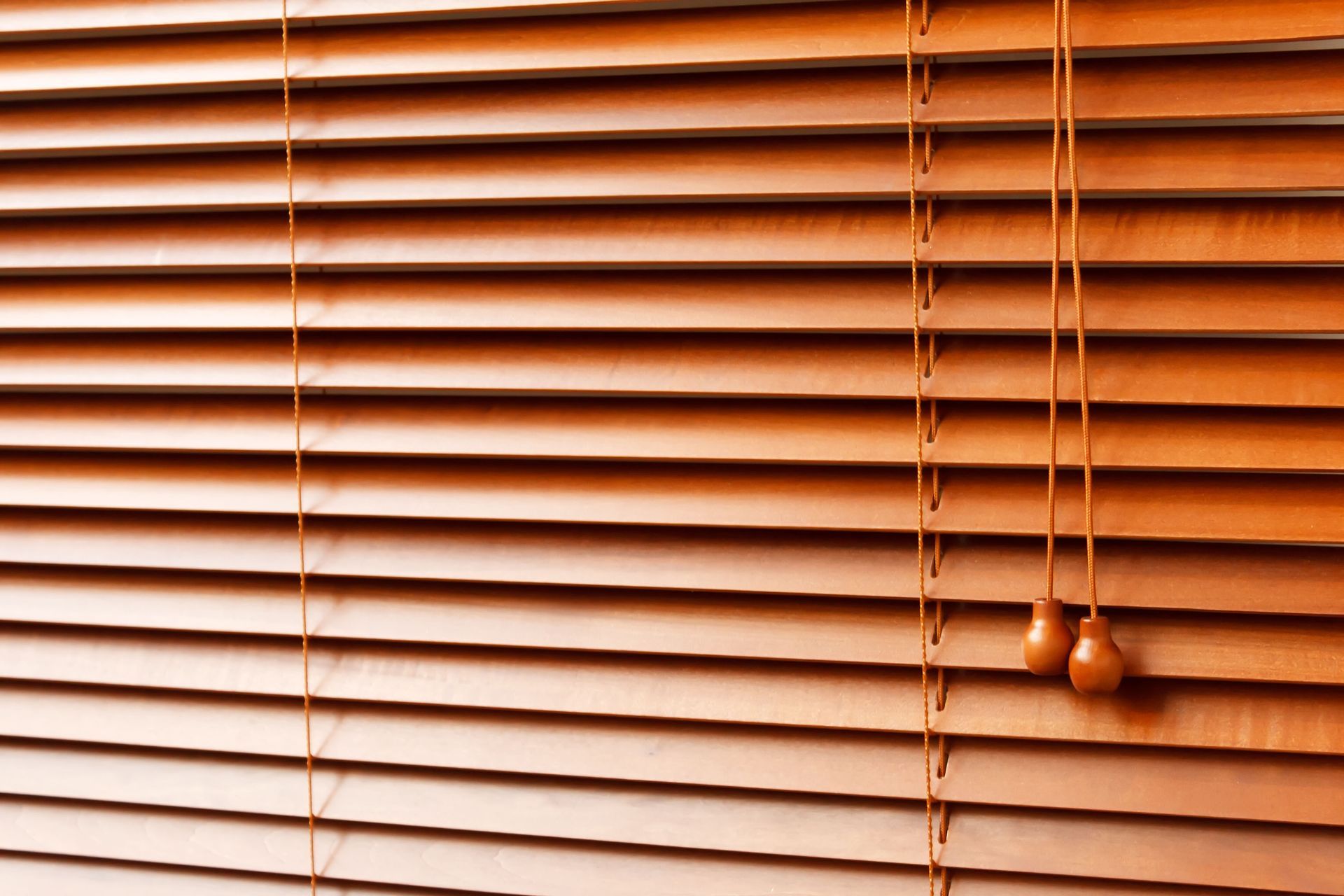
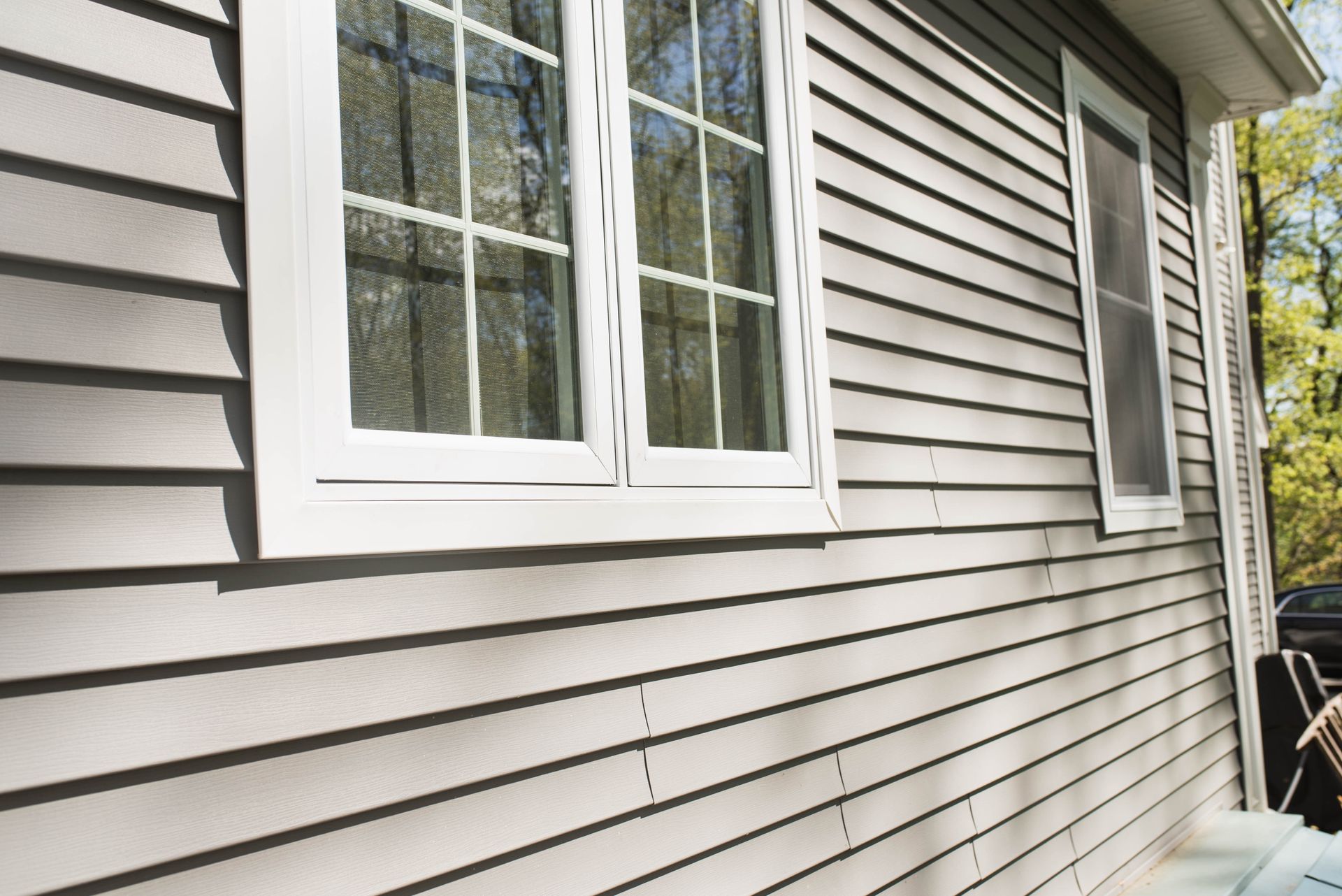
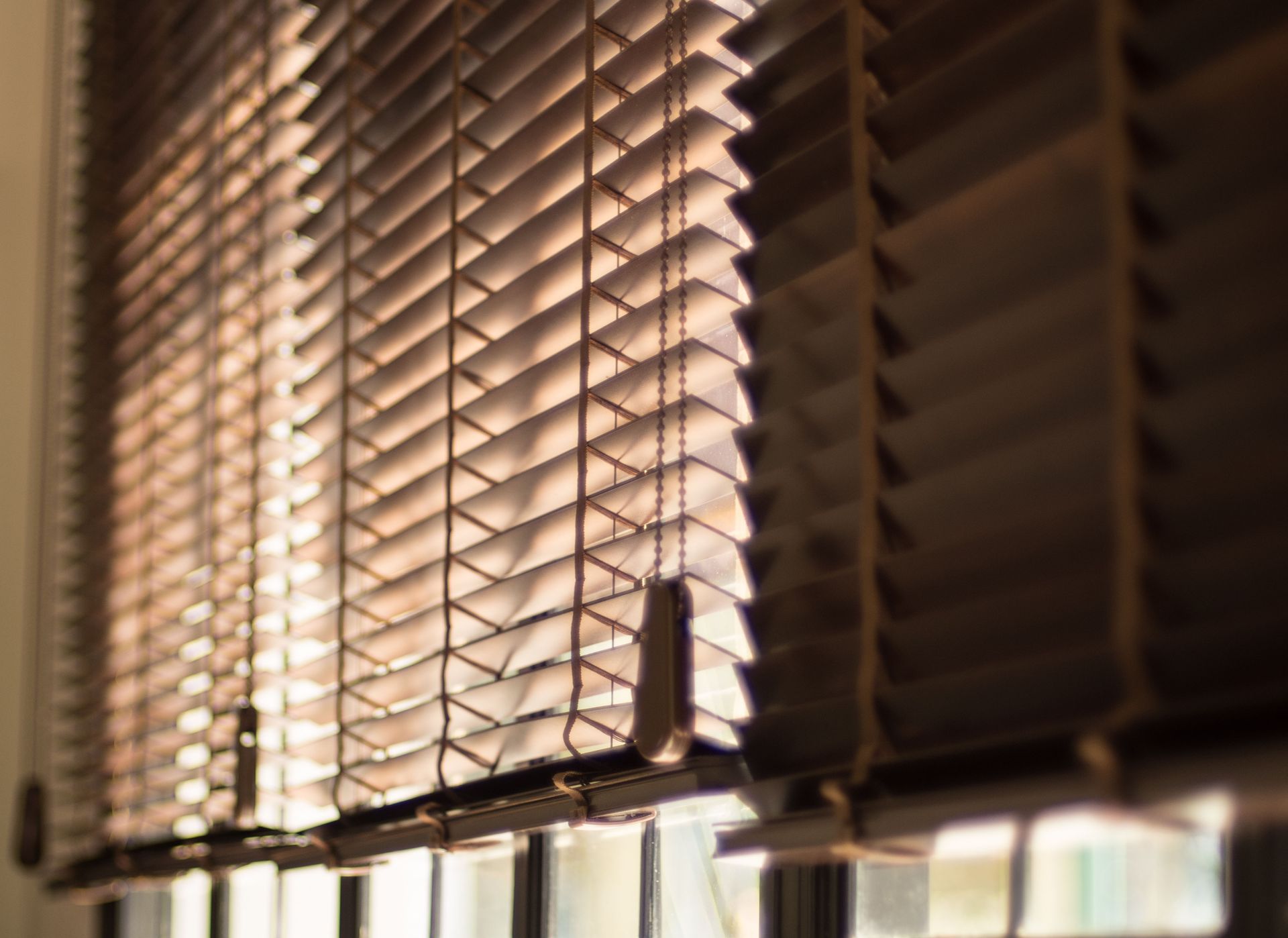
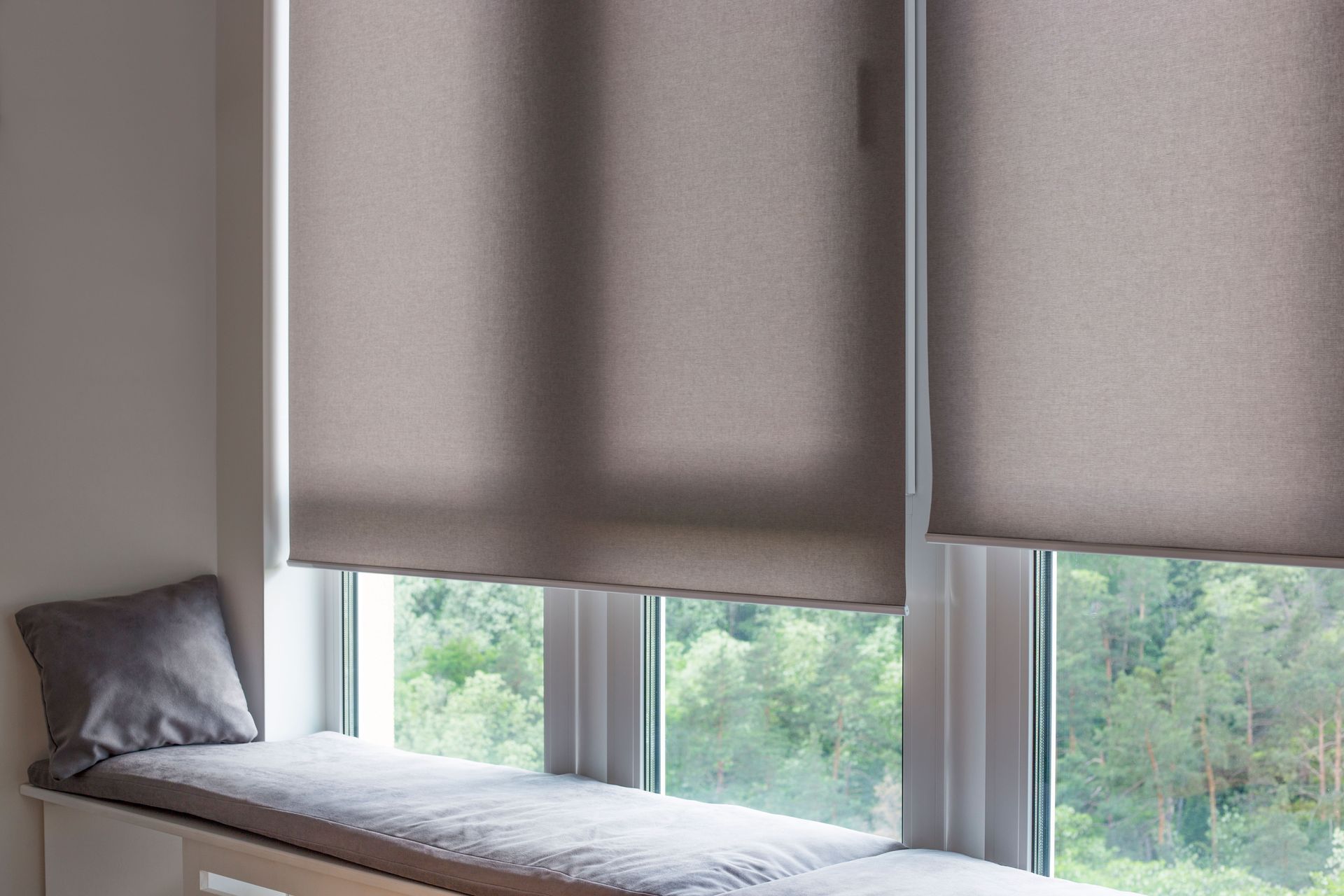


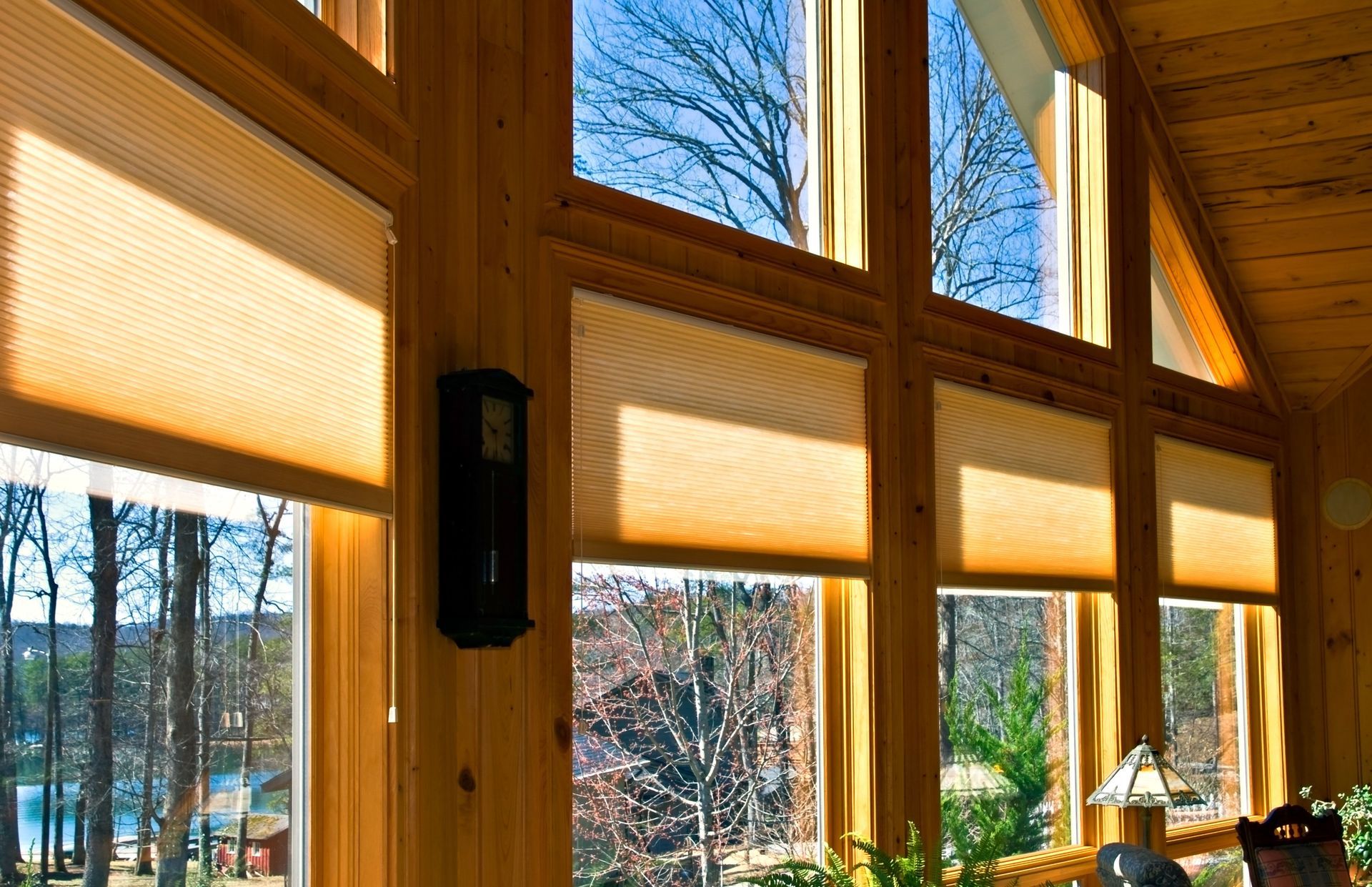


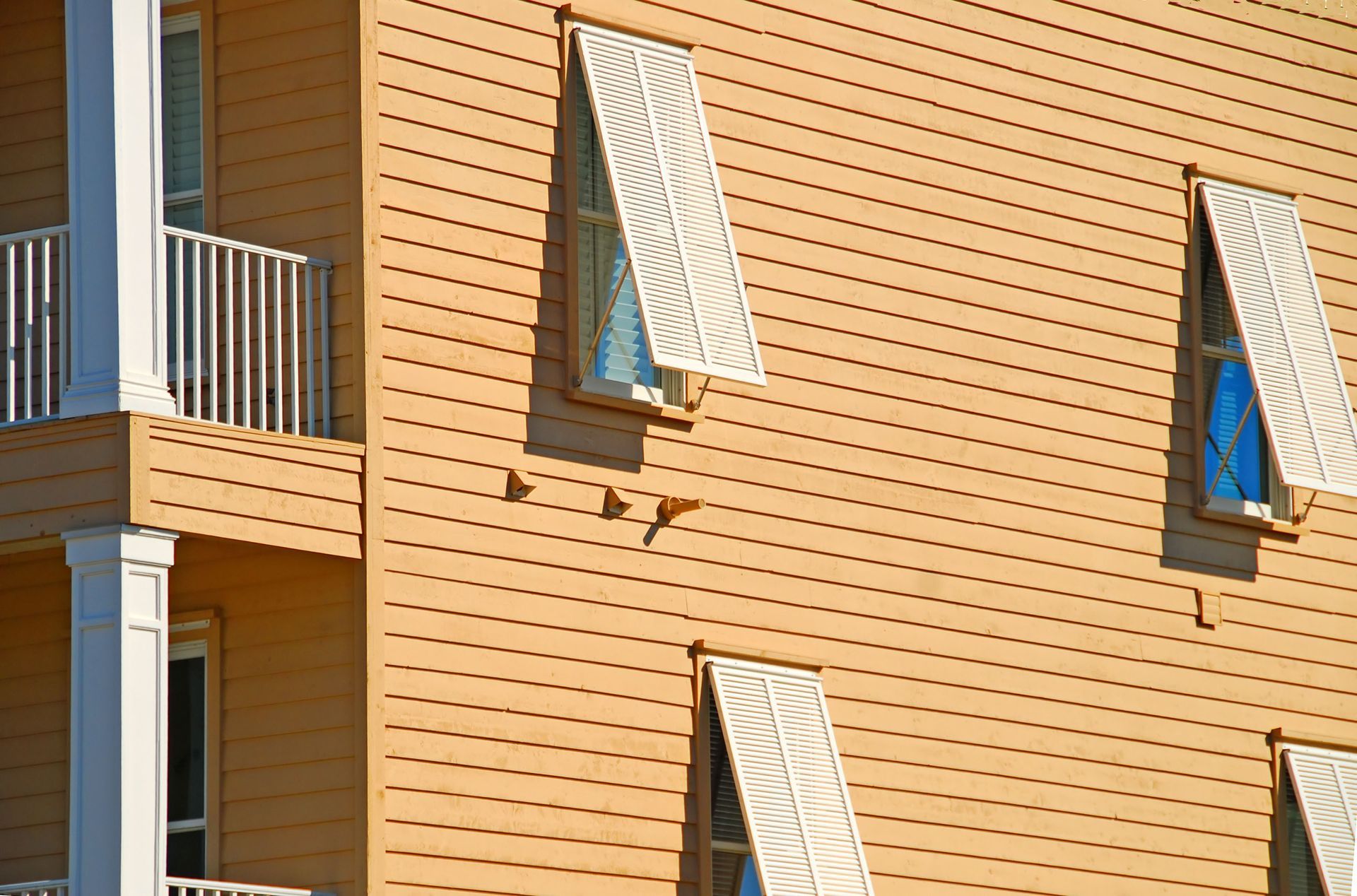
Share On: